The Future is Now: AI and Factory Automation in 2024 and Beyond
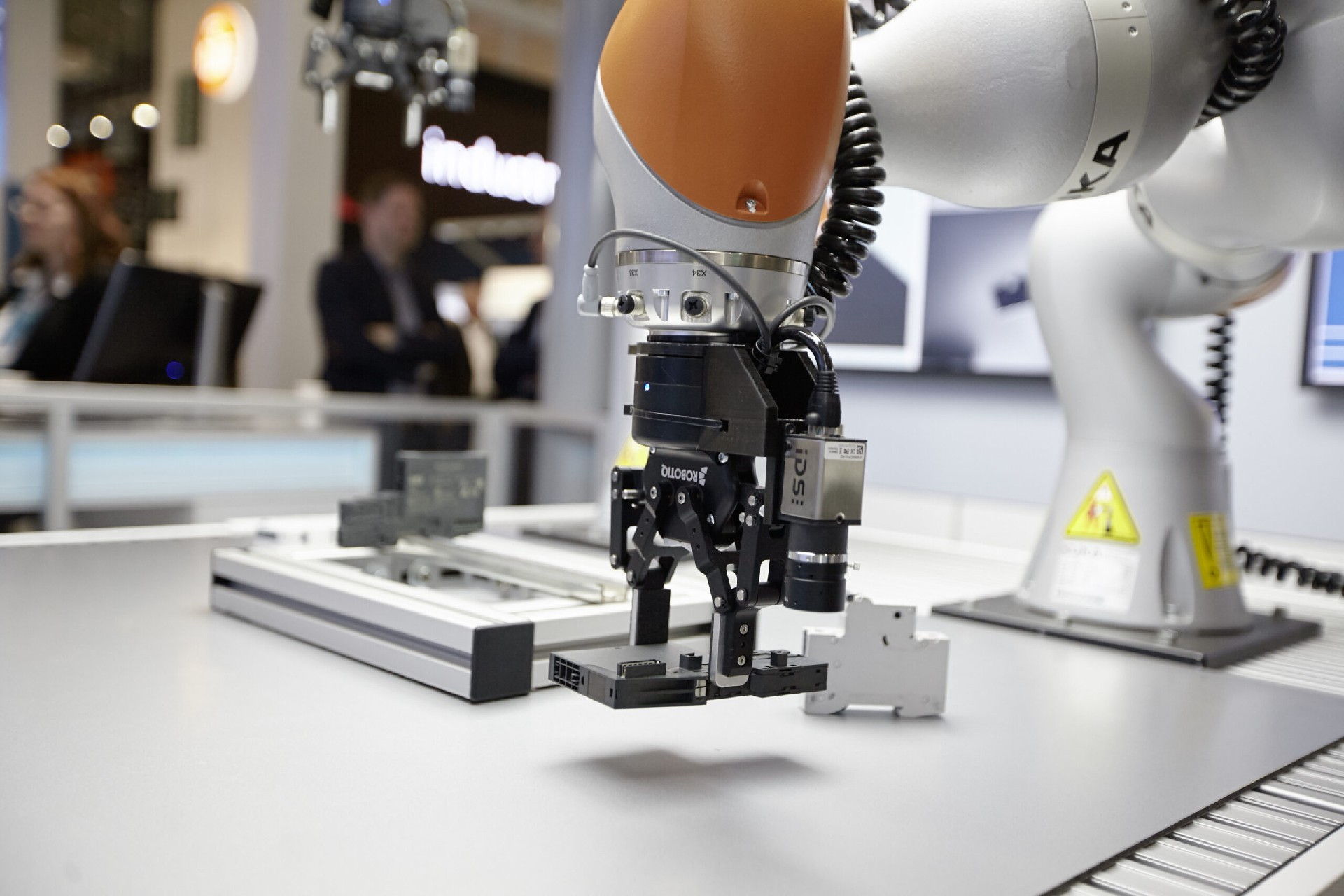
In the midst of the Fourth Industrial Revolution, the future of manufacturing stands at the intersection of human ingenuity and technological prowess. As we enter 2024, the once-distant dream of a seamlessly integrated factory floor, where humans collaborate effortlessly with intelligent machines, is a tangible reality. With AI front and center, emerging technologies are the driving force behind the latest innovations in factory automation.
Emerging Technologies at the Forefront
Edge AI and On-Premise Computing
The decentralization of data processing, exemplified by edge AI, marks a transformative shift in the way factories operate. This innovation empowers manufacturing facilities by distributing computing power directly onto the production floor, enabling sensors embedded in machines to analyze data in real time. Unlike traditional AI systems that rely on centralized cloud-based processing, edge AI processes data locally on the device itself or within a localized network.
Numurus LLC provides products and services that power industrial AI and automation at the edge. They provided Ocean Aero off-the-shelf hardware with AI capabilities to enhance maritime threat detection. Automating marine robotic operations involved deploying edge-compute hardware, setting up operating systems, and integrating various technologies. In just six months, five directional cameras with onboard AI models had been successfully integrated, reducing the need for operator intervention and enhancing the delivery of actionable information.
Digital Twins and Virtual Factories
Virtual replicas of physical systems, digital twins allow manufacturers to test new processes, identify bottlenecks, and fine-tune operations before a single wrench is turned. They have become a pivotal component in smart manufacturing.
FactoryTalk®, developed by Rockwell Automation, is a software solution designed to support the concept of digital twins. The software was used to give Burnley Brewing’s new facility a smart manufacturing edge. Connected to automation equipment, the software provided seamless performance visualization, identifying critical improvement areas. The scalability and modularity of the solution provided flexibility and ease of upgrade as the brewery expanded. The integrated approach led to improved operational efficiency and product quality, exceeding expectations in both service and deliverables?.
Transformational Trends Reshaping the Industry
Sustainability and Green Manufacturing
Environmental changes and their impact on humans have become a leading concern. Efforts are being made in many industries to produce products in a manner that minimizes adverse effects on the environment, reduces waste, and works towards preserving natural resources. AI’s role in promoting sustainable manufacturing practices — green manufacturing — has become increasingly significant. Green technology encompasses innovative methods, tools, and devices aimed at mitigating the negative effects of human actions on natural resources and the environment.
Both ABB's Ability™ and Schneider Electric's EcoStruxure™ are comprehensive solutions for optimizing industrial operations. They leverage AI and data analytics to enhance energy efficiency, reduce waste, and improve resource utilization. These platforms provide real-time insights and control over processes, making them valuable tools for industries looking to achieve sustainability and operational excellence. Both offer a suite of AI-powered solutions that empower factories to make data-driven decisions, thereby contributing to more sustainable and eco-friendly manufacturing practices.
-
Analysis: What is driving Industry 4.0 momentum in APAC?
Recent research by India-based research group Mordor Intelligence found Asia-Pac···
-
Accenture, Mujin form robotics integration joint venture
Accenture and Mujin have created a joint venture to help bring robotics and auto···
-
Servo Drive System Equipped With New Hard- and Software
Siemens is innovating the well-established Sinamics S210 servo drive system with···
-
The Future is Now: AI and Factory Automation in 2024 and Beyond
In the midst of the Fourth Industrial Revolution, the future of manufacturing st···
参展地址:中国国际展览中心(朝阳馆)
- Analysis: What is driving Industry 4.0 momentum in APAC?
- Accenture, Mujin form robotics integration joint venture
- Servo Drive System Equipped With New Hard- and Software
- The Future is Now: AI and Factory Automation in 2024 and Beyond
- Thermal imagers for advanced factory automation, quality assurance and process monitoring
- Industrial Operations in Asia to Adopt AI/ML for Automation Processes by 2026




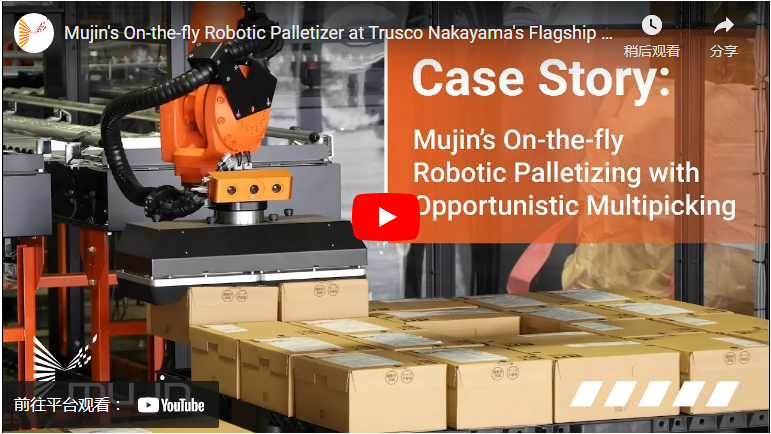
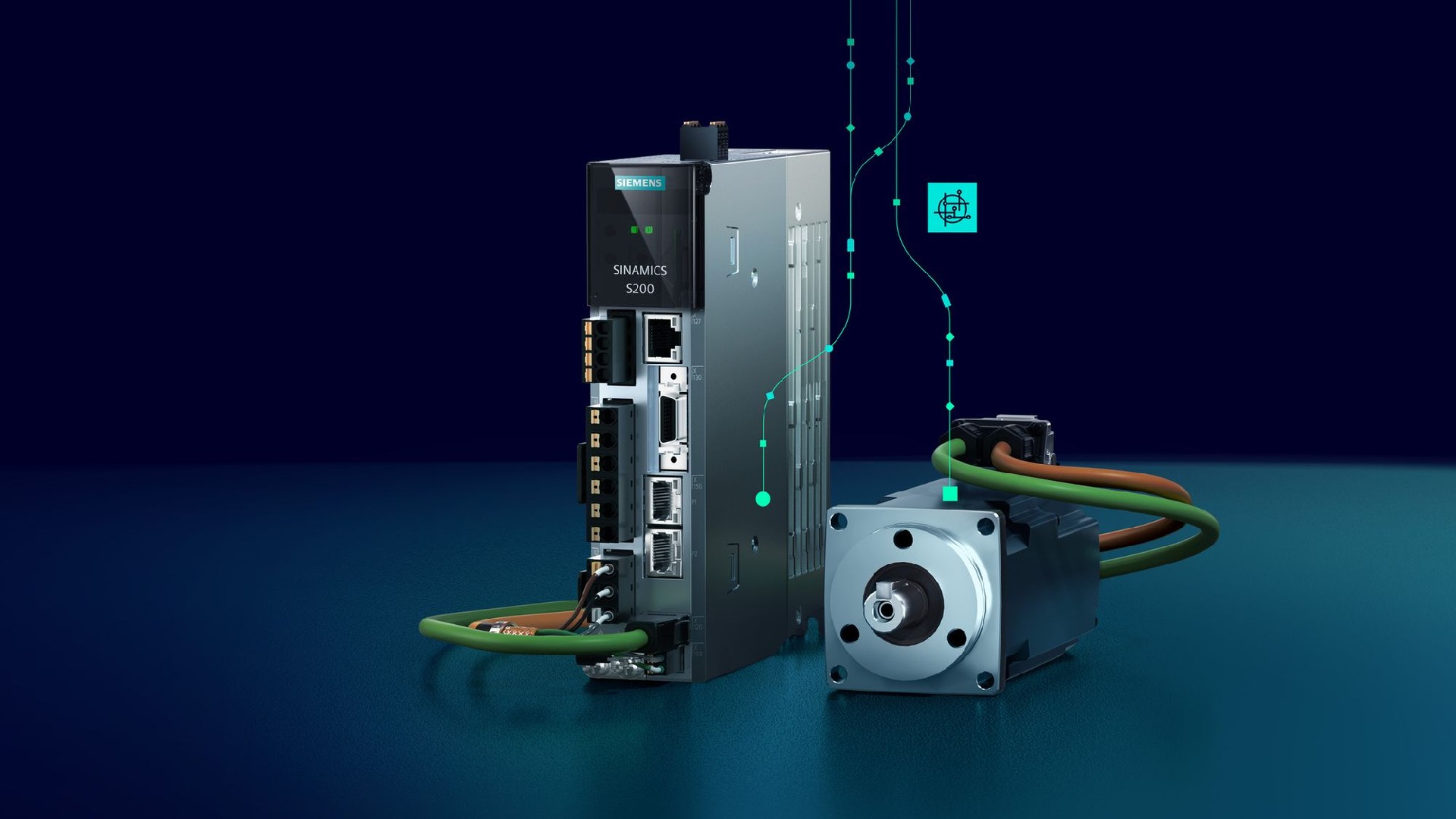
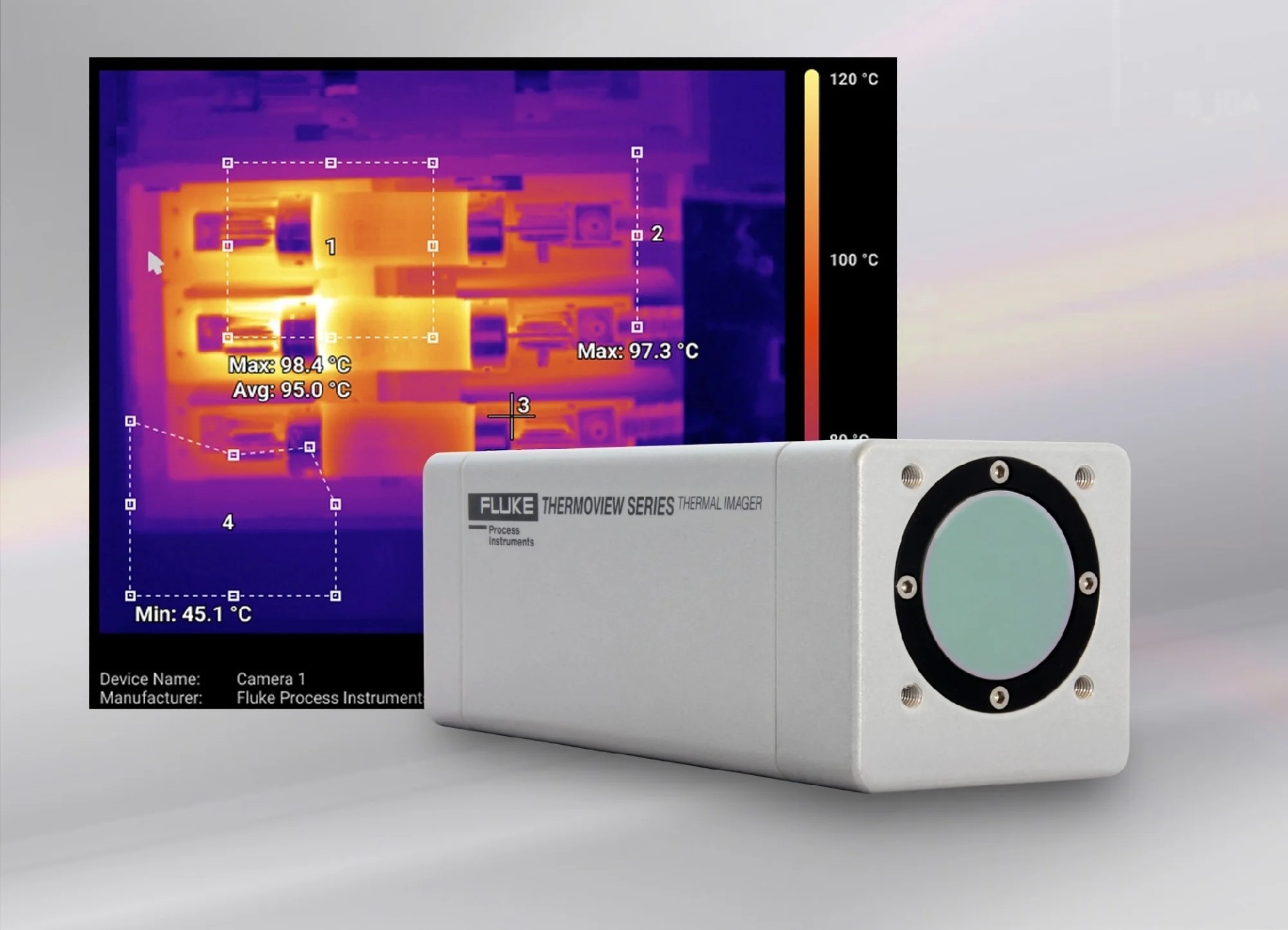
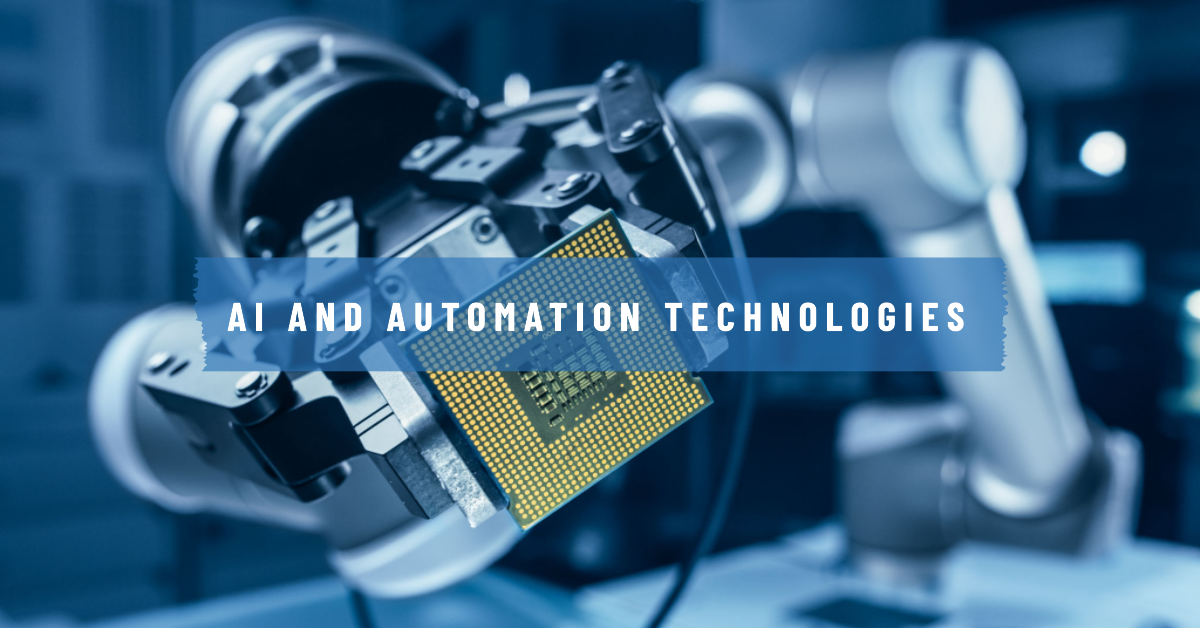
 Asia International Industry Automation & Intelligent Manufacturing Exhibition
Asia International Industry Automation & Intelligent Manufacturing Exhibition

